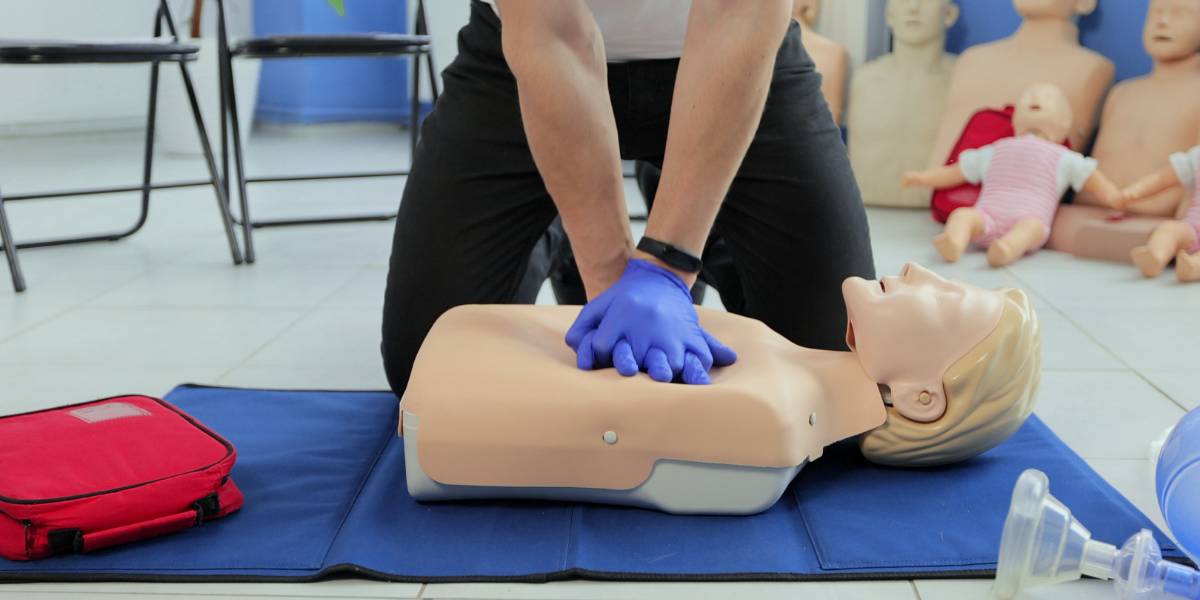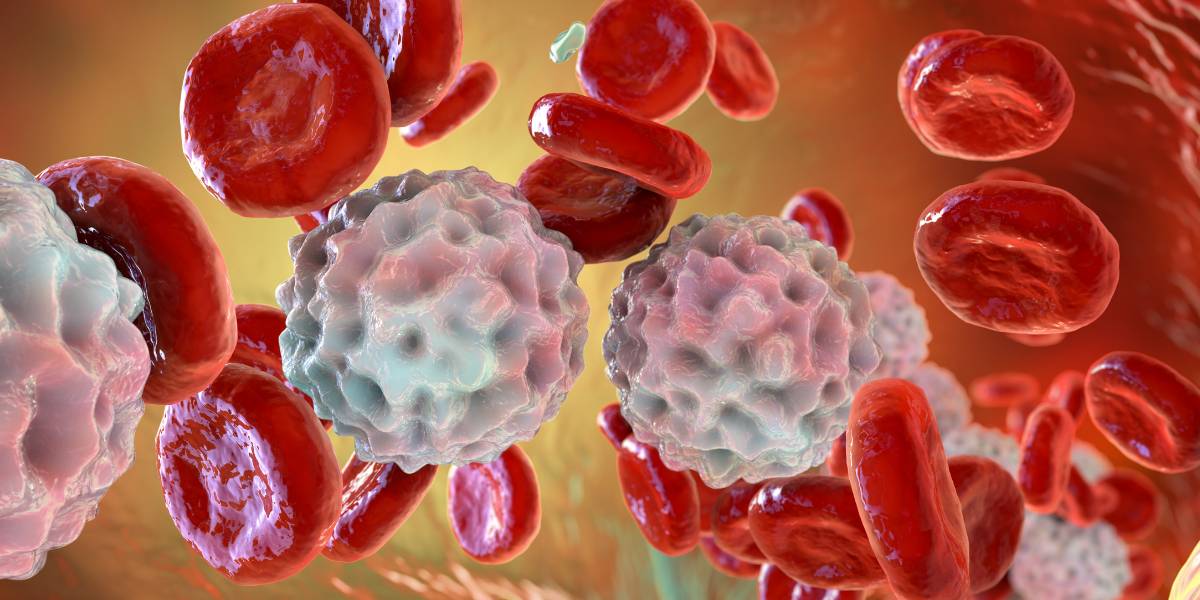A new study suggests that following Popeye’s spinach-heavy diet can do more than just make you strong, it could also help you avoid dementia.
Researchers found that you are less likely to develop dementia if you have high levels of lutein, zeaxanthin and beta-cryptoxanthin in your blood.
Leafy green vegetables and peas are rich in lutein and zeaxanthin whilst oranges and papaya are rich in beta-cryptoxanthin. To boost levels of these three key antioxidants, people can take supplements.
- Frequent consumption of plant-based meals reduces risk of heart disease, two studies have found
- Healthy plant-based diet focus emphasised in type 2 diabetes prevention
Dr May Beydoun, lead researcher and expert in aging from the US National Institutes of Health, explained: “Extending people’s cognitive function is an important public health challenge. Antioxidants may help protect the brain from oxidative stress, which can cause cell damage.”
However, she highlighted that further studies are needed to assess whether the antioxidants actually “can help protect the brain from dementia”.
The researchers examined blood samples from more that 7,000 Americans, all of which were at least 45 years old and had a physical exam and interview when the study started.
The participants were monitored for an average of 16 years in order for the researchers to track levels of dementia, which 944,000 people in Britain and 6.5 million people in America suffer from.
Depending on levels of lutein, zeaxanthin and beta-cryptoxanthin in their blood, participants were divided into three groups.
Results suggested that every 15.4 micromols per litre increase of lutein and zeaxanthin levels was associated to a seven per cent decreased risk of dementia, and every 8.6 micromols per litre increase of beta-cryptoxanthin reduced the likelihood of developing dementia by 14 per cent.
When other factors were considered, such as education, income and physical activity, the effect of antioxidants on dementia dropped.
Dr Beydoun said: “It’s possible that those factors may help explain the relationship between antioxidant levels and dementia.”
The researchers also noted that results are limited due to only taking a measurement of blood at the beginning of the study, not throughout. Therefore, results “may not reflect people’s levels over their lifetime”.
The study did not analyse the participants’ diets, yet the researchers advocate that a healthy diet can help avoid dementia by improving heart and circulatory health.
Numerous prior studies prove a diet rich in fruit and vegetables can also help reduce the likelihood of developing dementia.
Experts also suggest particular diets could affect biological mechanisms which lead to dementia. Some diets can increase the risk of developing diabetes, obesity and heart disease, which are all associated with diabetes.
- Adding larger portions of vegetables to children’s dinners will ‘boost their intake’, researchers say
- Swapping processed meat for vegetables and nuts could add minutes to your life every day, study suggests
Dr James Connell, from Alzheimer’s Research UK, has said that previous findings on the connection between antioxidants and likelihood of developing dementia have been “mixed”.
“It is important that researchers continue to investigate the protective effects of antioxidants in the context of other risk factors and work to understand how they interact,” said Dr Connell.
He added: “The diseases that cause dementia develop over many years, but this study only looked at antioxidant levels at one point in time.
“While this research highlights a potentially interesting finding, it is important that research takes a long-term view of factors that may affect risk.”
Dr Connell concluded: “The only way to know if particular foods or dietary supplements containing these could help reduce dementia risk is through careful clinical trials in the future.
“We know that dementia risk is complex and comprises factors including, age and genetics as well as lifestyle factors such as our diet.
“Making positive lifestyle changes can reduce our risk of developing the diseases that cause dementia.”
The study was published in the journal Neurology.







